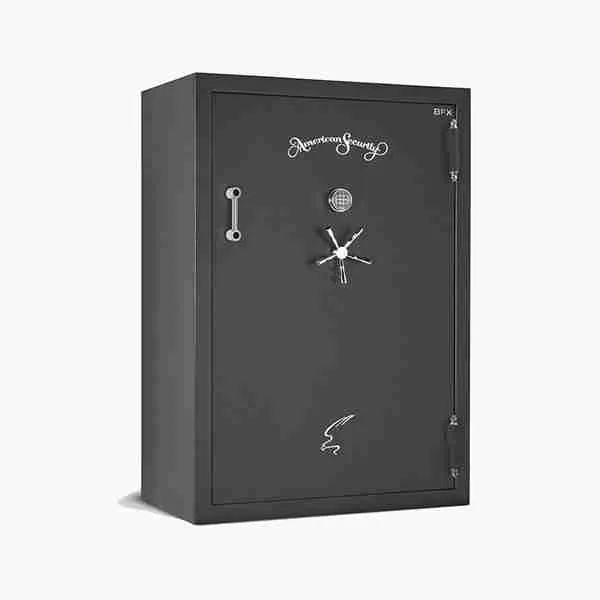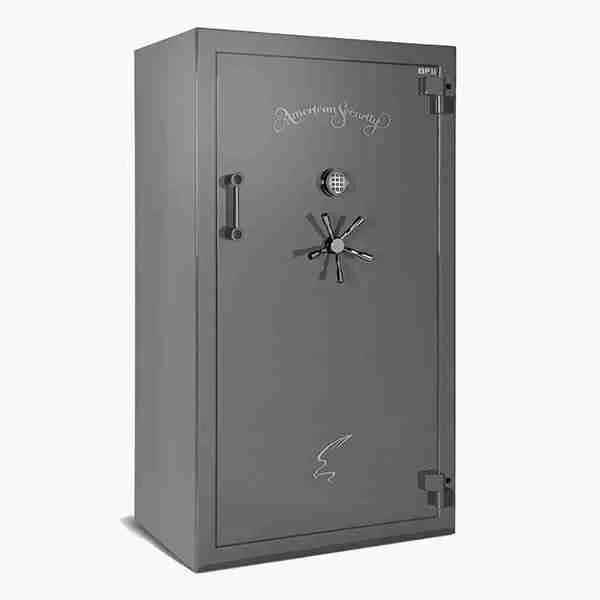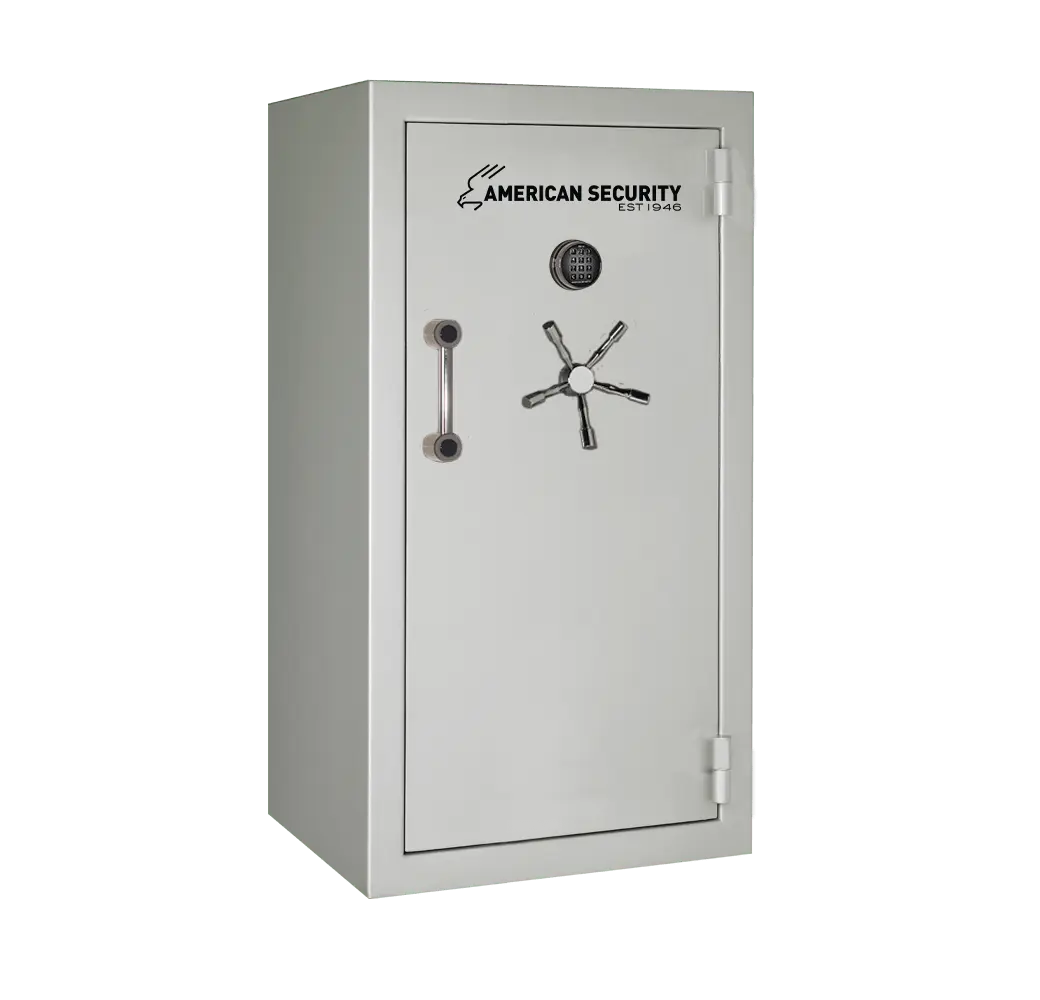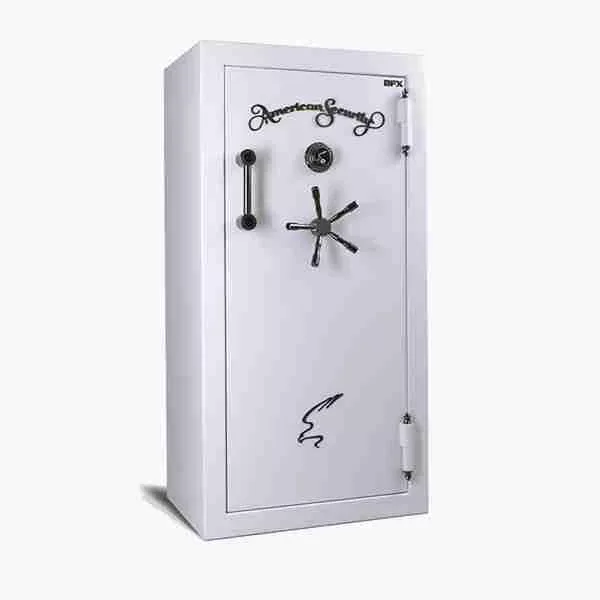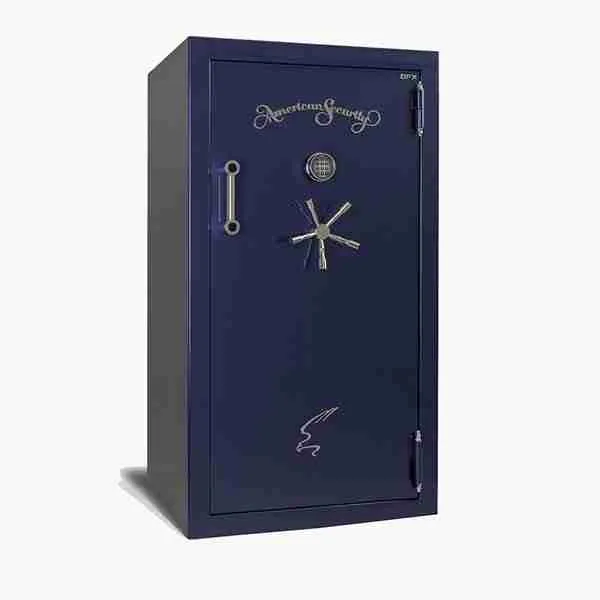Iowa Gun Safe Regulations
Iowa, known for its strong traditions and diverse landscapes, has specific laws governing the possession, purchase, and use of firearms. Whether you’re a gun owner or simply curious about the state’s regulations, it’s essential to be well-informed. This article provides an overview of Iowa’s gun control laws, covering key aspects that every resident should understand.
Firearm Purchases & Concealed Carry Permits
Iowa requires individuals to obtain a permit to purchase handguns. This permit, issued by the local sheriff’s office, involves a background check, which helps ensure that only eligible individuals can acquire firearms. For long guns (rifles and shotguns), no permit is necessary for purchase. It’s important to note that federal restrictions, such as age limits and prohibited persons, also apply.
Iowa is a “shall-issue” state when it comes to concealed carry permits. This means that as long as an applicant meets the specified criteria, the issuing authority (usually the sheriff’s office) must issue the permit. Applicants must complete a training course certified by the state, which covers firearm safety and state laws. It’s crucial to remember that carrying a concealed weapon without a valid permit can result in serious legal consequences.
Iowa has a stand-your-ground law, which allows individuals to use force, including deadly force, to defend themselves or others in certain situations. This law removes the obligation to retreat before using force, as long as the person is in a place where they have a legal right to be. However, it’s important to understand the nuances of this law, as using force must be deemed reasonable based on the circumstances.
While Iowa does not have a specific law designating all areas as gun-free zones, there are certain places where carrying firearms is prohibited. These include government buildings, schools, and private properties that have posted signs explicitly prohibiting firearms. It’s essential to respect these restrictions to avoid legal issues.
Iowa’s gun control laws strike a balance between protecting Second Amendment rights and ensuring public safety. Understanding these laws is crucial for all residents, whether you own firearms or not. If you have further questions or need legal advice regarding Iowa’s gun laws, it’s always a good idea to consult with a knowledgeable attorney.
Remember, laws can change over time, so staying informed about any updates to Iowa’s gun control regulations is essential. Always exercise responsible gun ownership and ensure that you’re in compliance with both state and federal laws.
Gun Safe Benefits
Perhaps you’re still curious about the significance of a gun safe and its relevance to both households and commercial spaces. In this context, a wide range of benefits highlights the importance of owning a gun safe for the secure storage of firearms. Here are some of the prominent advantages, though the list is by no means exhaustive:
- Preventing gun theft – A gun safe is the best way to prevent your guns from being stolen. According to the National Shooting Sports Foundation, about 300,000 guns are stolen from homes each year. A gun safe can make it much more difficult for a burglar to steal your guns, and it can also deter them from breaking into your home in the first place.
- Keeping guns away from children – Children are naturally curious, and they may be attracted to guns if they are not properly stored. A gun safe is the best way to keep guns out of the reach of children. According to the Centers for Disease Control and Prevention, about 385 children under the age of 18 die each year from gun-related injuries. A gun safe can help to prevent these tragedies.
- Protecting guns from damage – Guns can be damaged by fire, water, and other elements. A gun safe can protect your guns from these damages. In the event of a fire, a gun safe can help to keep your guns from melting or being destroyed by the heat. And if your home is flooded, a gun safe can keep your guns dry and safe.
Learn more about Iowa’s Gun Laws.
